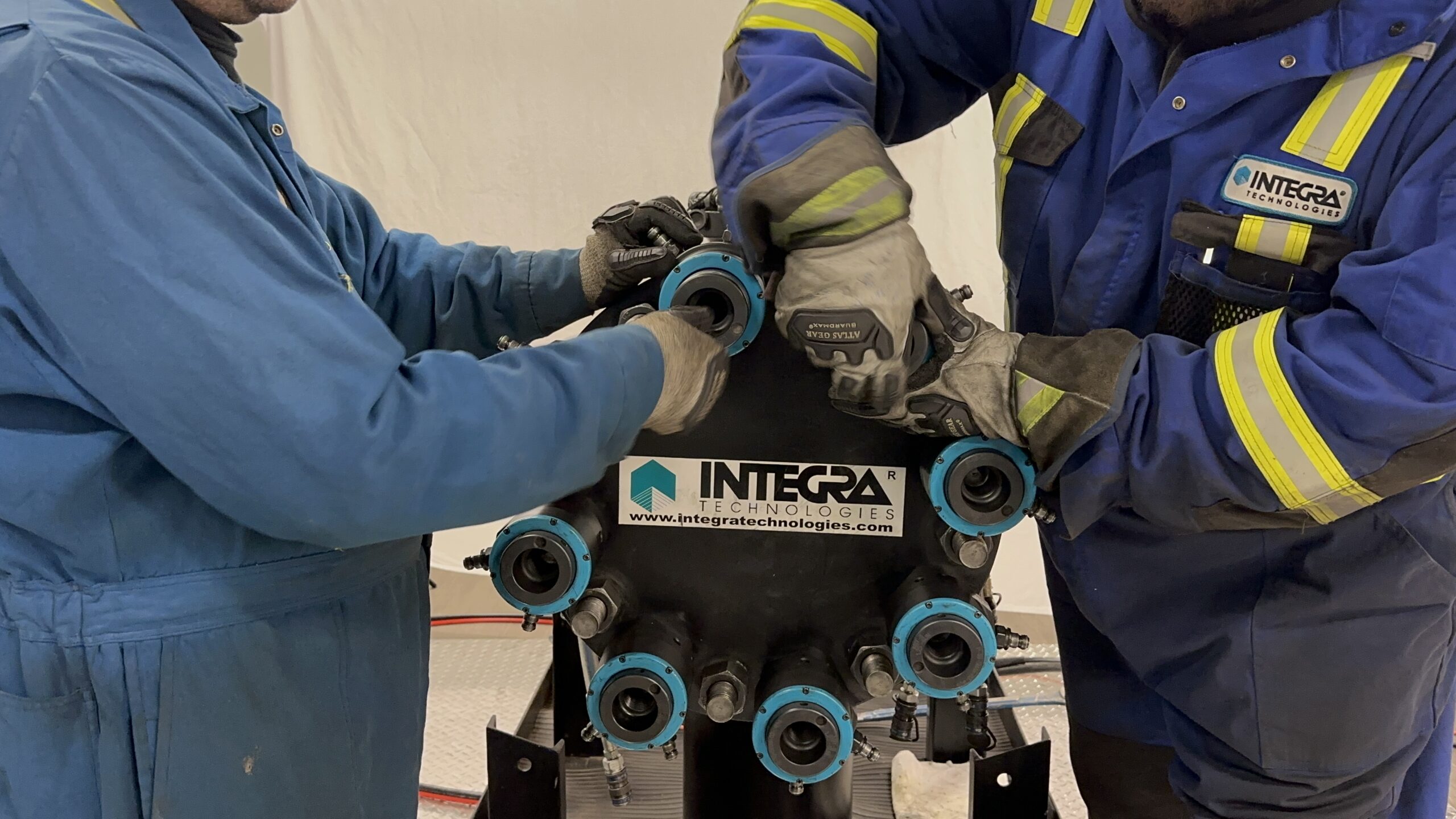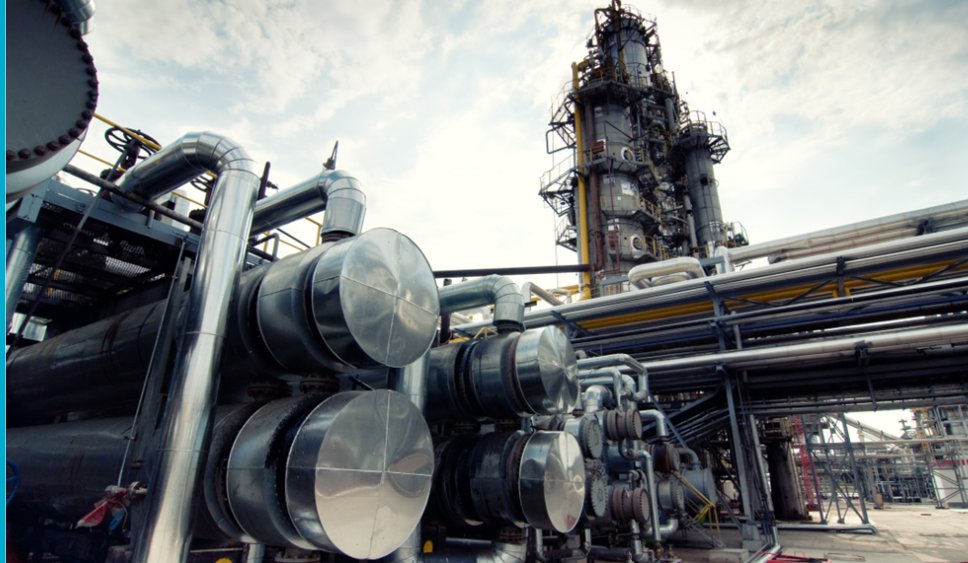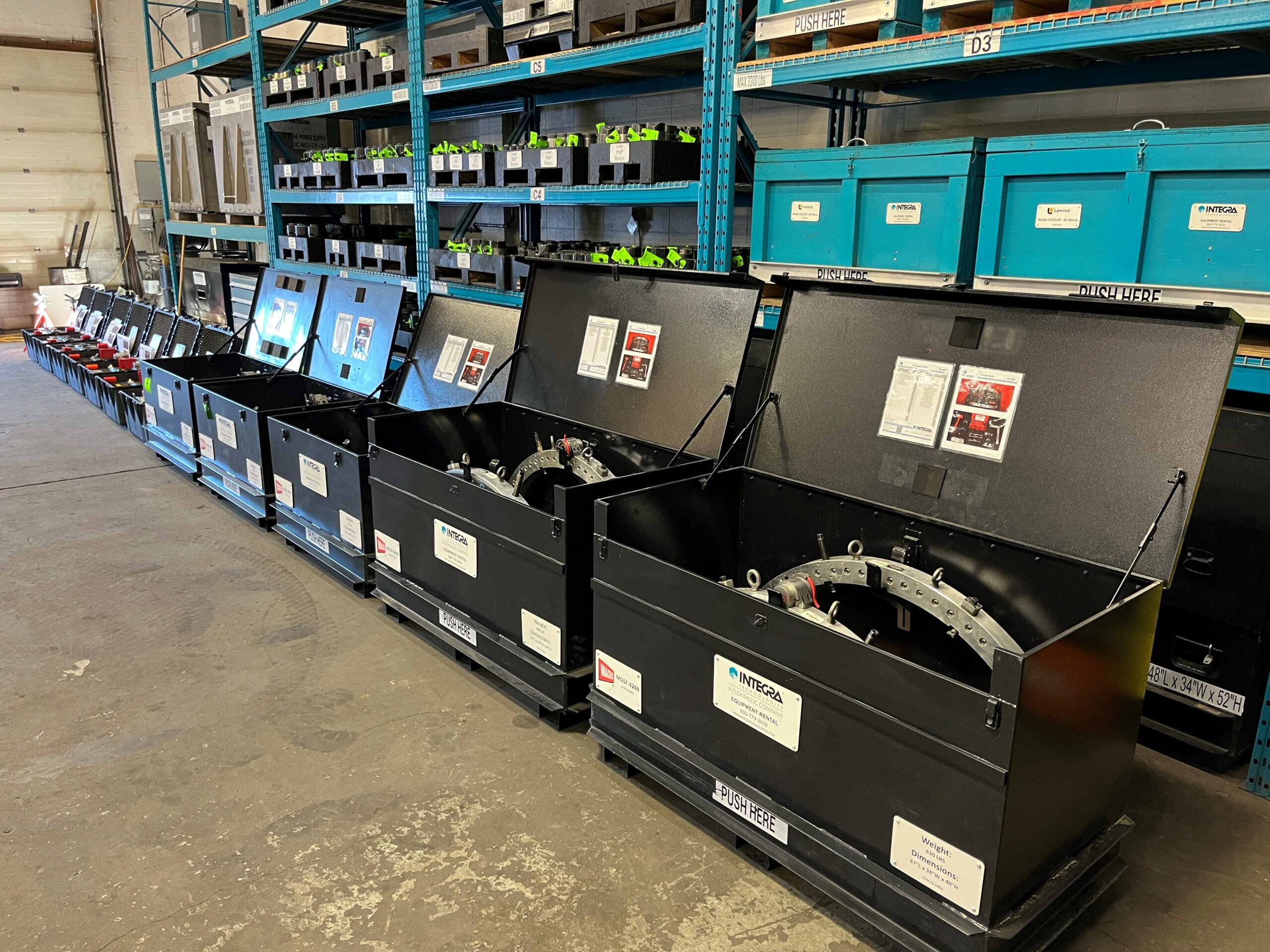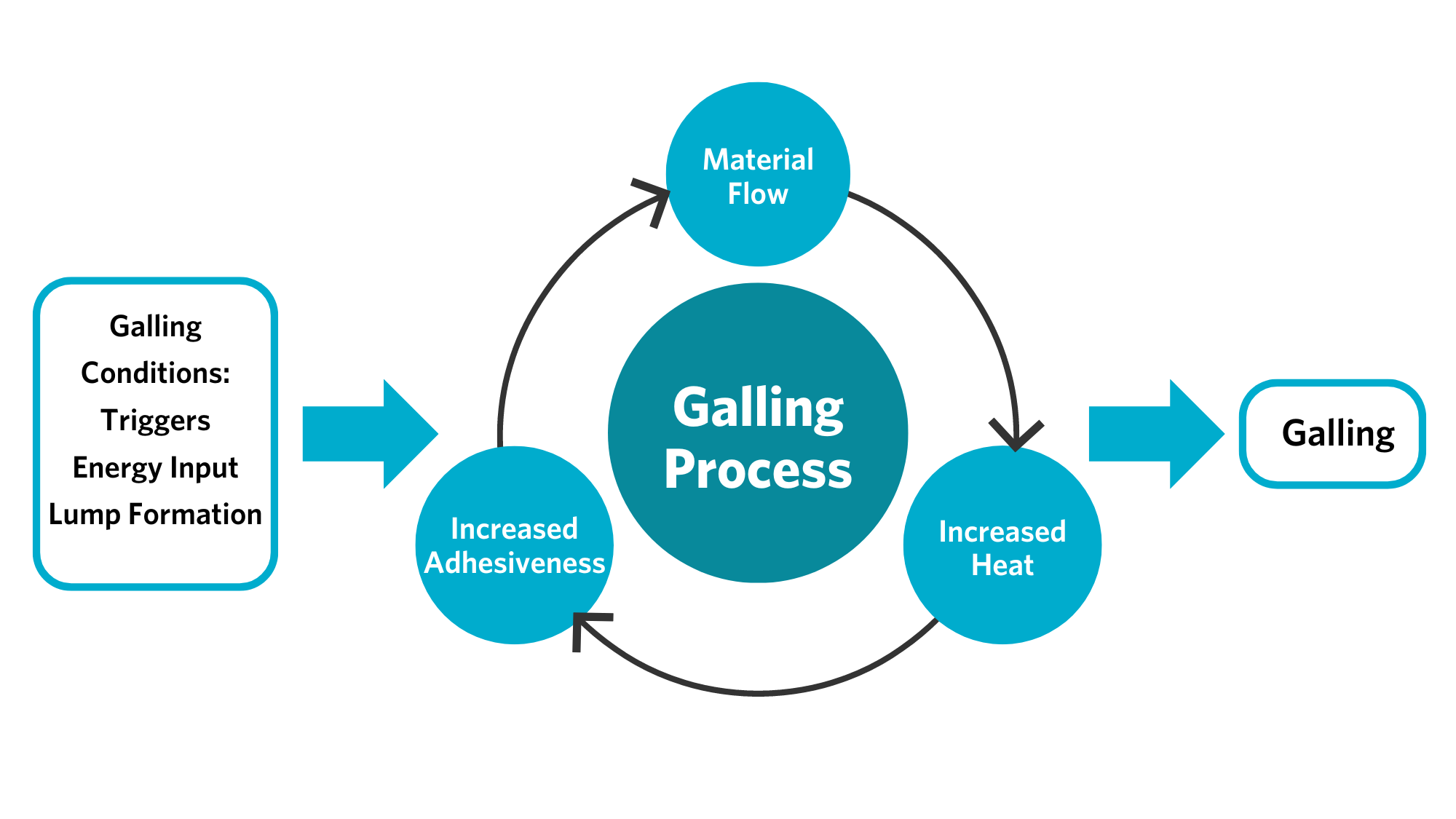In the relentless pursuit of cleaner and more sustainable energy solutions, Liquefied Natural Gas (LNG) has emerged as a vital bridge fuel that holds the promise of a greener future. Beyond its environmental advantages, the significance of LNG lies not only in its versatile applications but also in the innovative technologies that support its production and transportation. One such technology, bolt tensioning, plays a crucial role in ensuring the safe and efficient operation of LNG facilities. This blog explores why LNG is important as a bridge energy for a greener future and how bolt tensioning contributes to its success.
The Importance of LNG as a Bridge Energy
LNG plays a pivotal role in the transition from conventional fossil fuels to more sustainable energy sources. Here’s why it holds such importance:
- Reduced Emissions: Compared to coal and oil, natural gas is a cleaner-burning fuel, emitting fewer greenhouse gases and pollutants when combusted. This reduction in emissions makes LNG a critical tool for countries seeking to lower their carbon footprint and meet climate goals.
- Energy Security: As a flexible energy source, LNG enhances energy security by diversifying the energy mix. Countries can reduce their dependence on single sources of energy, mitigating supply disruptions and geopolitical risks.
- Complementary to Renewables: LNG’s flexibility shines when used in conjunction with renewable energy sources like solar and wind. Gas-fired power plants can provide reliable electricity generation when renewable sources are intermittent, ensuring a stable energy supply.
- Industrial Transition: Many industries rely on fossil fuels for production processes. By substituting coal and oil with LNG, industries can significantly decrease their emissions and contribute to a more sustainable industrial landscape.
Bolt Tensioning: Ensuring the Integrity of LNG Infrastructure
While the benefits of LNG are evident, ensuring the safe and efficient operation of LNG facilities is paramount. Bolt tensioning, a method introduced to North America by INTEGRA Technologies, plays a crucial role in maintaining the integrity of LNG infrastructure as a precise and controlled method for tightening bolts. Here’s why it matters:
- Safety: LNG facilities operate under extreme conditions, including low temperatures and high pressures. Bolt tensioning ensures that connections within equipment and pipelines remain secure, reducing the risk of leaks or failures that could result in safety hazards.
- Efficiency: Properly tensioned bolts ensure uniform load distribution across joints, even gasket compression and leak-free connections. This efficiency minimizes downtime for maintenance and repairs, maximizing operational uptime.
- Reliability: Bolt tensioning helps maintain consistent performance by delivering precise bolt load application, as temperature fluctuations and vibrations can sometimes cause bolt loosening if inadequate bolt load is applied. Reliable infrastructure is essential for the continuous production and transportation of LNG.
- Environmental Impact: Effective bolt tensioning contributes to minimizing methane leakage, a concern in the LNG industry due to methane’s high global warming potential. By preventing leaks, bolt tensioning aligns with the industry’s efforts to reduce emissions.
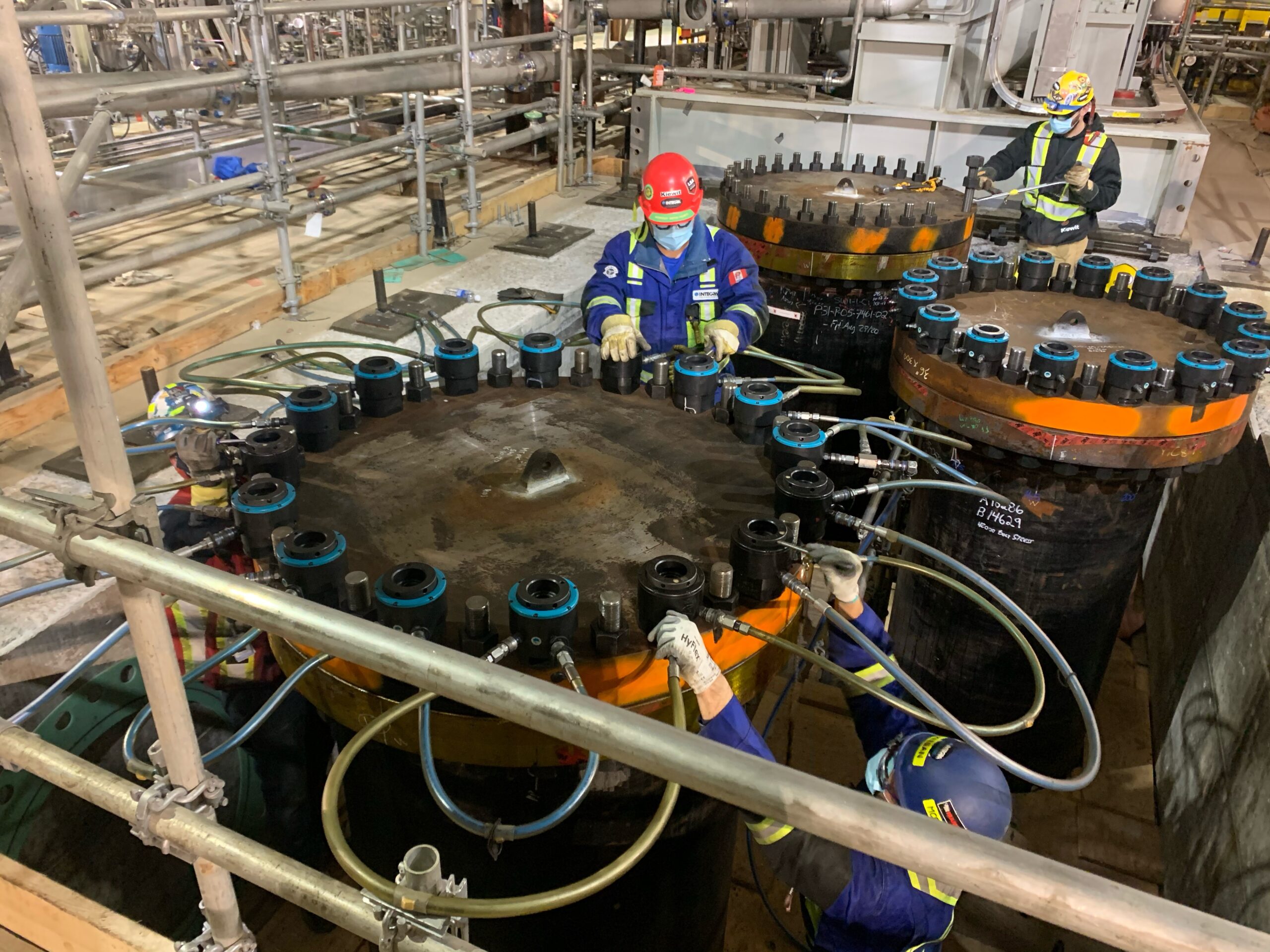
Bridging to a Greener Future
LNG’s role as a bridge energy is not just about its inherent advantages; it’s about setting the stage for a sustainable future. By leveraging technologies like bolt tensioning, the LNG industry can ensure that its operations are safe, efficient, and environmentally responsible. This combination of cleaner fuel and advanced technologies sets the stage for a transition to even greener energy solutions, including the gradual integration of renewable sources and technologies yet to be developed.
Liquefied Natural Gas stands as a beacon of hope in the journey toward a greener and more sustainable energy future. Its environmental benefits, combined with innovative techniques like bolt tensioning, demonstrate how industries can responsibly bridge the gap between fossil fuels and renewables. As global efforts to combat climate change intensify, LNG and its supporting technologies continue to pave the way for a world where clean energy is not just a dream but a tangible reality. INTEGRA Technologies is your partner in the construction, commissioning and maintenance of LNG facilities.

